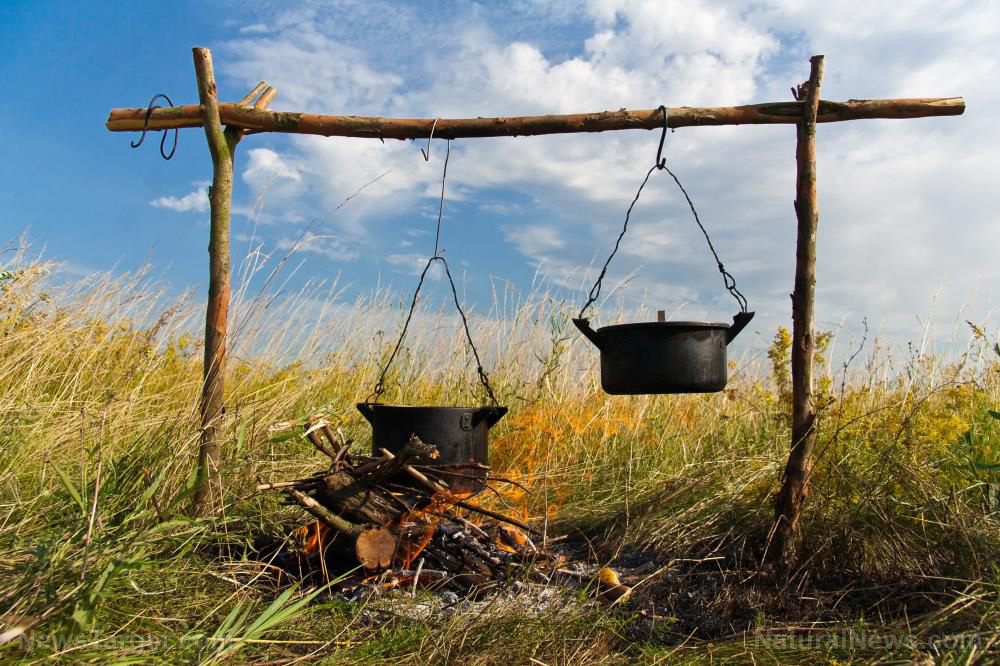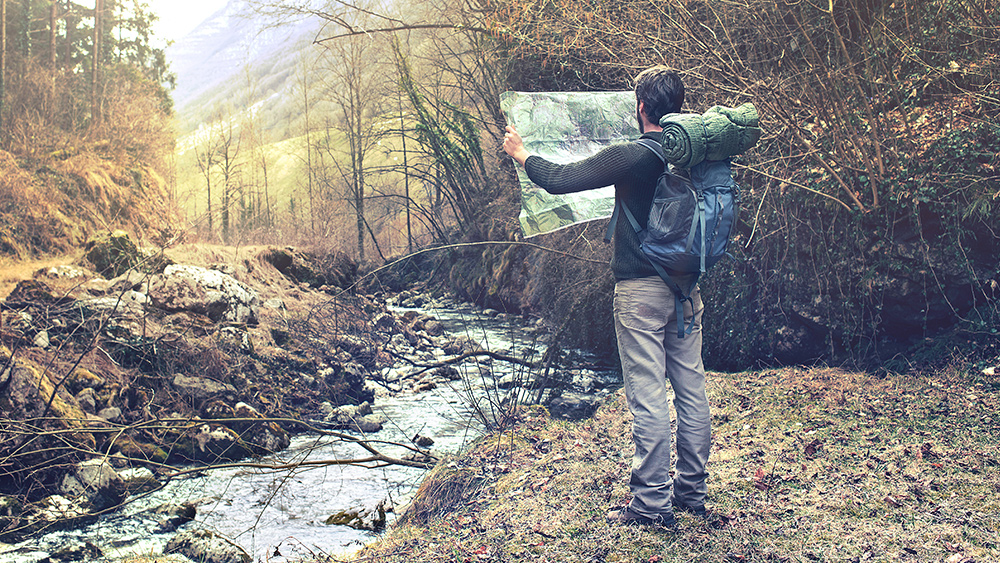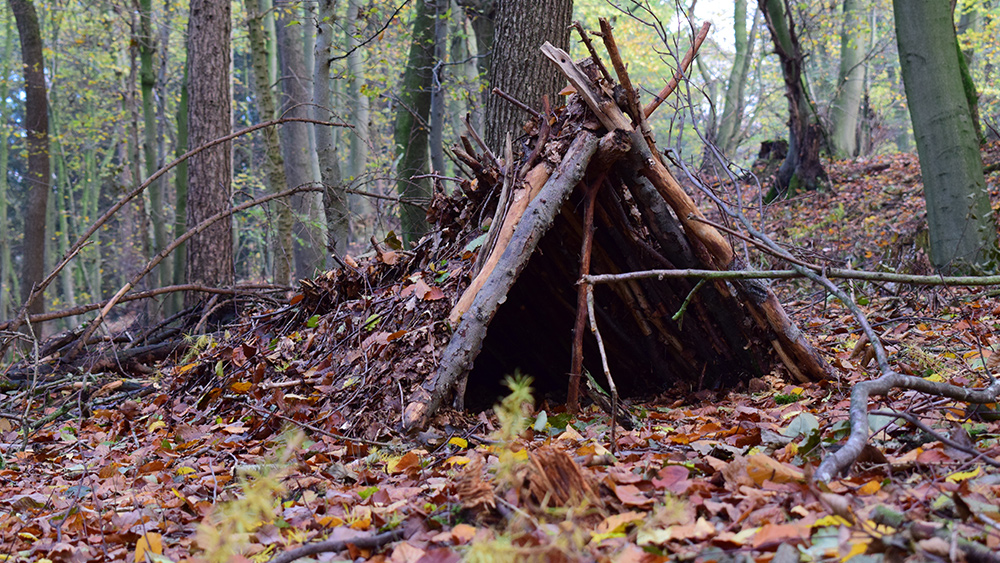
Hollywood movies are notorious for glamorizing the survival lifestyle of a post-apocalyptic world. But the reality is that, in the event of a major societal catastrophe, life is hardly going to be easy – even for those who think they're fully prepared for the worst.
The following seven scenarios need to be carefully considered by all survivalists. Each one represents not just a mere possibility of what might happen in a major "bug-out" situation, but a very probable lineup of what will actually become the "new normal" when the state-run house of cards finally falls.
Civil unrest
Let's face it: Most people in modern society likely couldn't survive even just a few days without power, water, or groceries being delivered to their local supermarkets. This means that many of them are going to be freaking out when everything falls to pieces, resulting in rioting, looting, muggings, and even murder.
Survivalists need to plan ahead by planning easy escape routes, hiding food and supplies, and becoming armed. It's also important to know how to blend in, so as not to draw attention to yourself. Think plain clothes, an ordinary vehicle, and a calm and collected demeanor.
Lack of resources
Don't expect to be able to just hop on over to the gas station to fill up your car or pick up your meals at the grocery store when an unprecedented event occurs. And don't even think about trying to use your debit or credit card to buy things – if things are even available to purchase at that point. Store up what you need now.
Illness and physical problems
If you're used to visiting the doctor, going to the dentist, or ordering your supplements online, you need to get it in your mind that likely none of this will be available during a worst-case scenario. If there's anything you can do now to improve your health status, including reinventing your diet and exercising more, it's probably a good idea to get started immediately.
No more clean water
As utilities quickly become inoperable or unavailable, you're going to need access to a clean water source of some kind in order to avoid dehydration. Prepare now by purchasing a gravity- or hand pump-fed water purifier and make sure it's always handy in the event of an emergency.
Infrastructure failures
Most people are used to just getting in their car and going whenever they feel like it. But if things were to hit the fan, chances are many roadways will no longer be usable or even accessible, depending on the disaster scenario. Knowing how to access specific bug-out locations apart from roads and highways might just save your life by helping you to get to safety quickly.
Inclement weather
Everyone knows that rain, snow, wind, and other climate factors can make it difficult to survive outdoors. But most of us are so used to our climate-controlled homes and offices that we probably don't have a true grasp of how difficult it might be to survive for long periods of time outdoors, especially without the conveniences most of us are used to having.
Make sure you have plenty of warm, weather-appropriate clothing for winter in particular, as well as other supplies like warm sleeping bags, tents, and other makeshift habitation, should you need to survive outside as opposed to inside a normal structure.
No more cell phones or internet
To say that most people today are attached at the hip to their computers and smartphones would be an understatement. But such devices will more than likely not work in a bug-out scenario involving power cuts. Learning how to use non-electric-powered items like compasses, smoke signals, and proper verbal communication will be critical in an apocalyptic, life-threatening situation.
Sources for this article include:
Please contact us for more information.





















